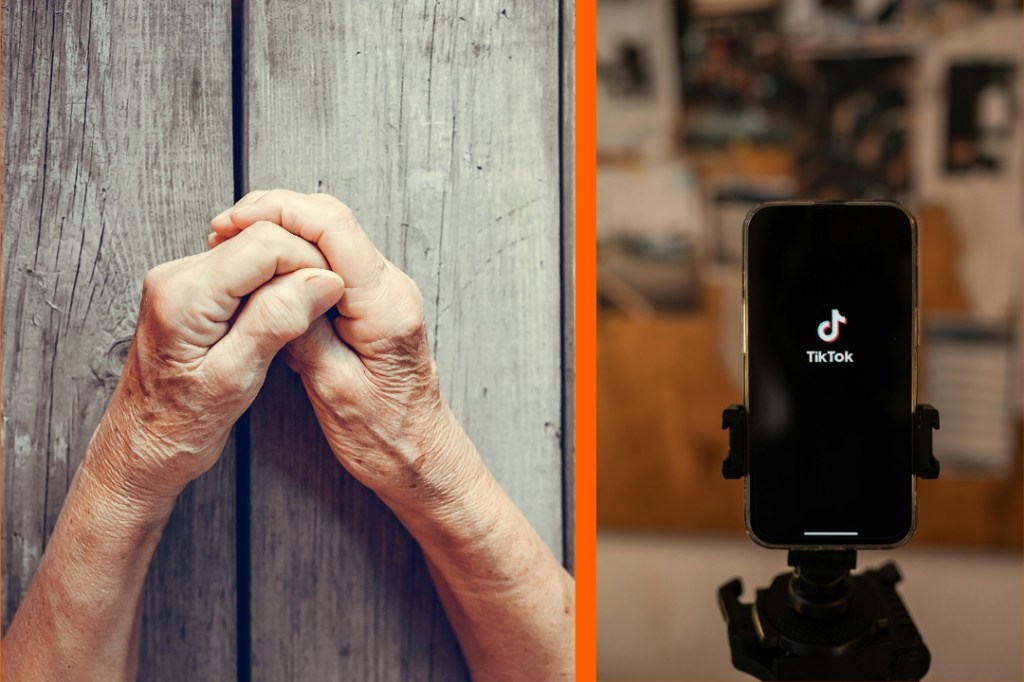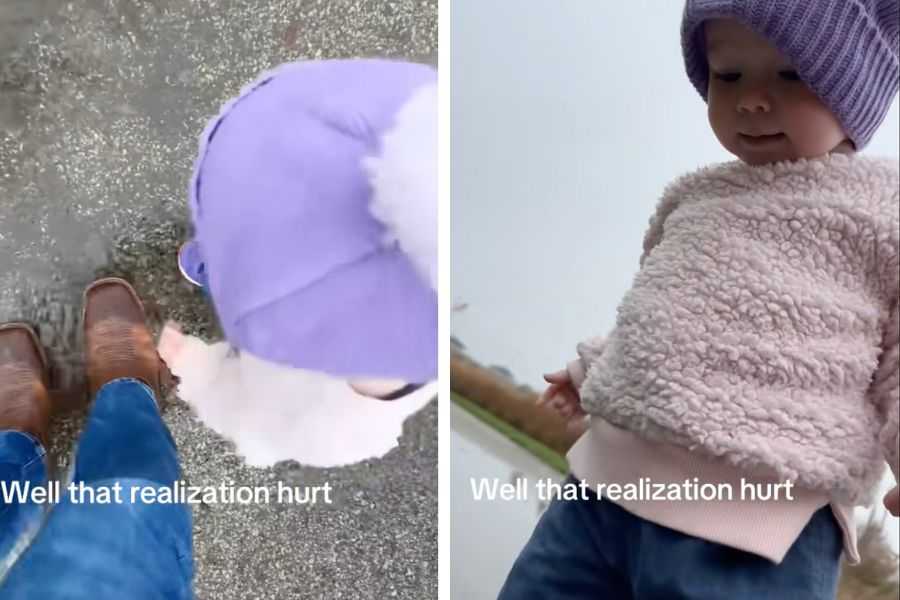tiktok
-
 Torchy Swinson, a Southern great-grandmother, gives the most iconic advice and people are riveted. – Photo credit: Canva
Torchy Swinson, a Southern great-grandmother, gives the most iconic advice and people are riveted. – Photo credit: Canva -
 Pictured here: Anita Omary; her son, Osman; and Omary’s close friends – Photo credit: Array
Pictured here: Anita Omary; her son, Osman; and Omary’s close friends – Photo credit: Array -
 A lighthearted moment turns bittersweet with a painful realization. – Photo credit: via @nickgorman0/TikTok, used with permission
A lighthearted moment turns bittersweet with a painful realization. – Photo credit: via @nickgorman0/TikTok, used with permission

